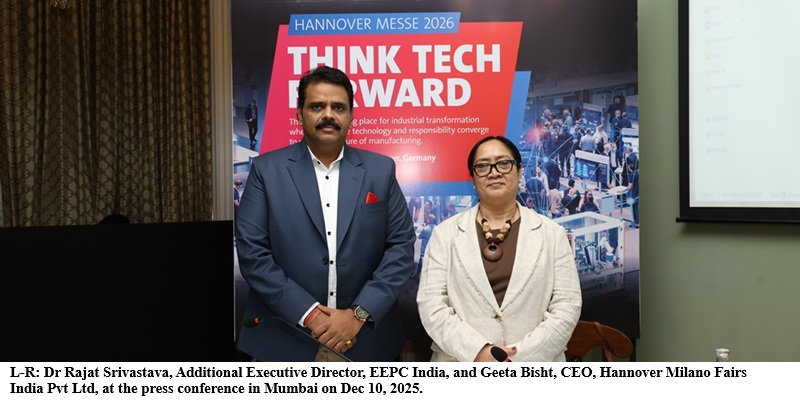Schedule a Call Back
Delta Electronics will soon introduce cobots in India: Manish Walia
 Articles
Articles- Nov 29,24

Related Stories

For the foreseeable future, multiple fuels will coexist and grow: Farrokh Cooper
In this conversation with Rakesh Rao, Farrokh Cooper, CMD, Cooper Corporation, shares his views on manufacturing, technology and the road ahead.
Read more
Indian Machine Tools Industry Gains Amid Shifting Global Dynamics
India’s machine tools industry is attracting strong global investment, driven by rising domestic demand, precision manufacturing growth and supply-chain realignments, even as global markets slow. ..
Read more
Hannover Messe 2026 to focus on automation & digitalization, adds Defense Area
At the upcoming Hannover Messe, AI will be a recurring theme throughout all the halls, and will play a central role on almost all stands.
Read moreRelated Products

Digital Colony Counter
Rising Sun Enterprises supplies digital colony counter.
Robotic Welding SPM
Primo Automation Systems Pvt. Ltd. manufactures, supplies and exports robotic welding SPM.

Heat Exchanger Scale Removal Compound -hesr-300
Hi There!
Now get regular updates from IPF Magazine on WhatsApp!
Click on link below, message us with a simple hi, and SAVE our number
You will have subscribed to our Industrial News on Whatsapp! Enjoy














